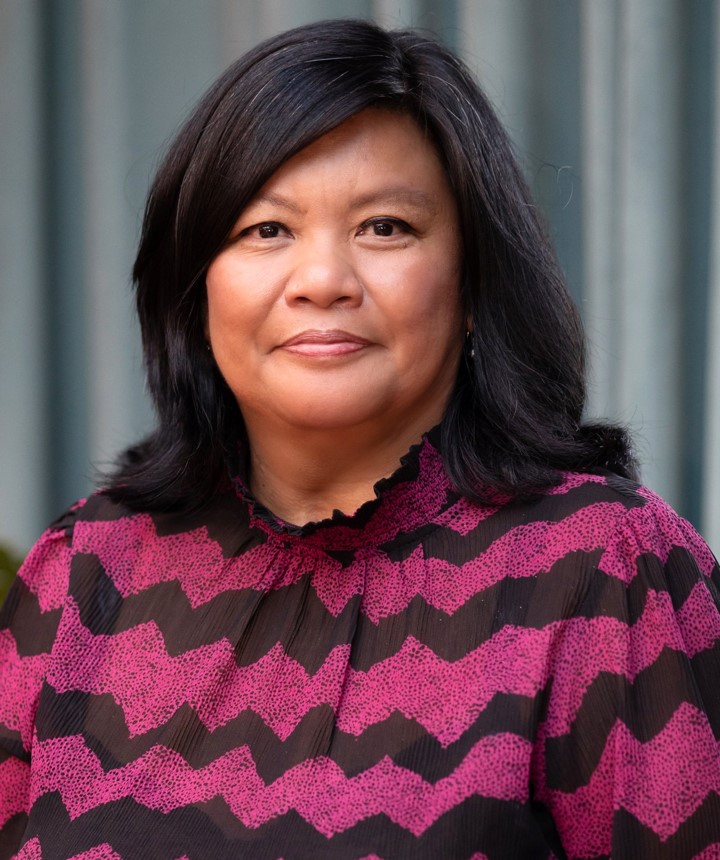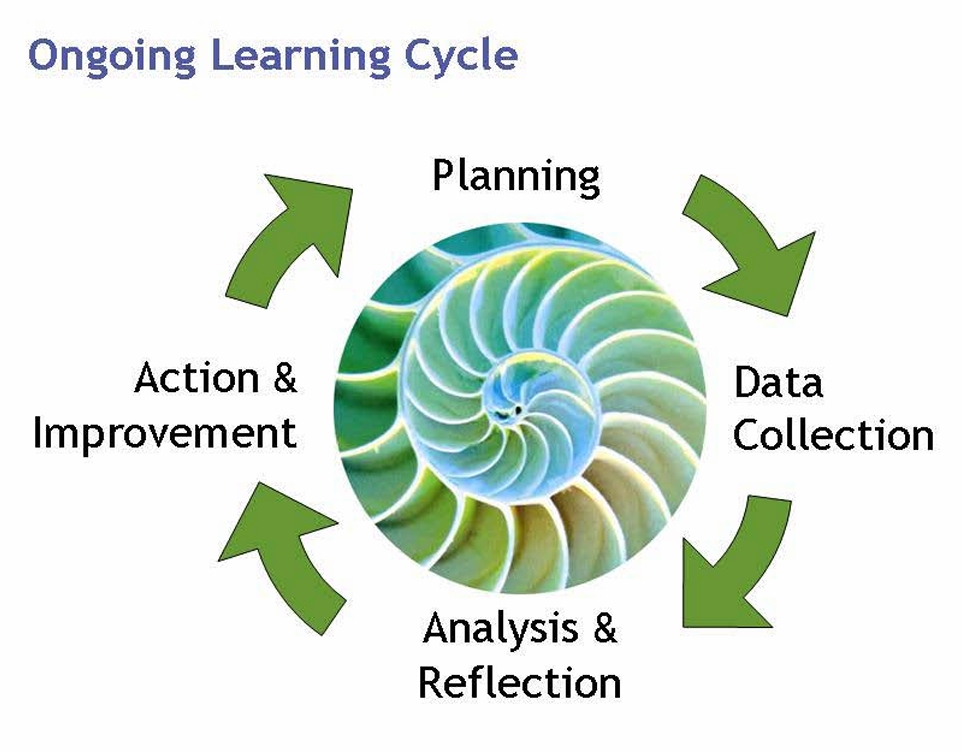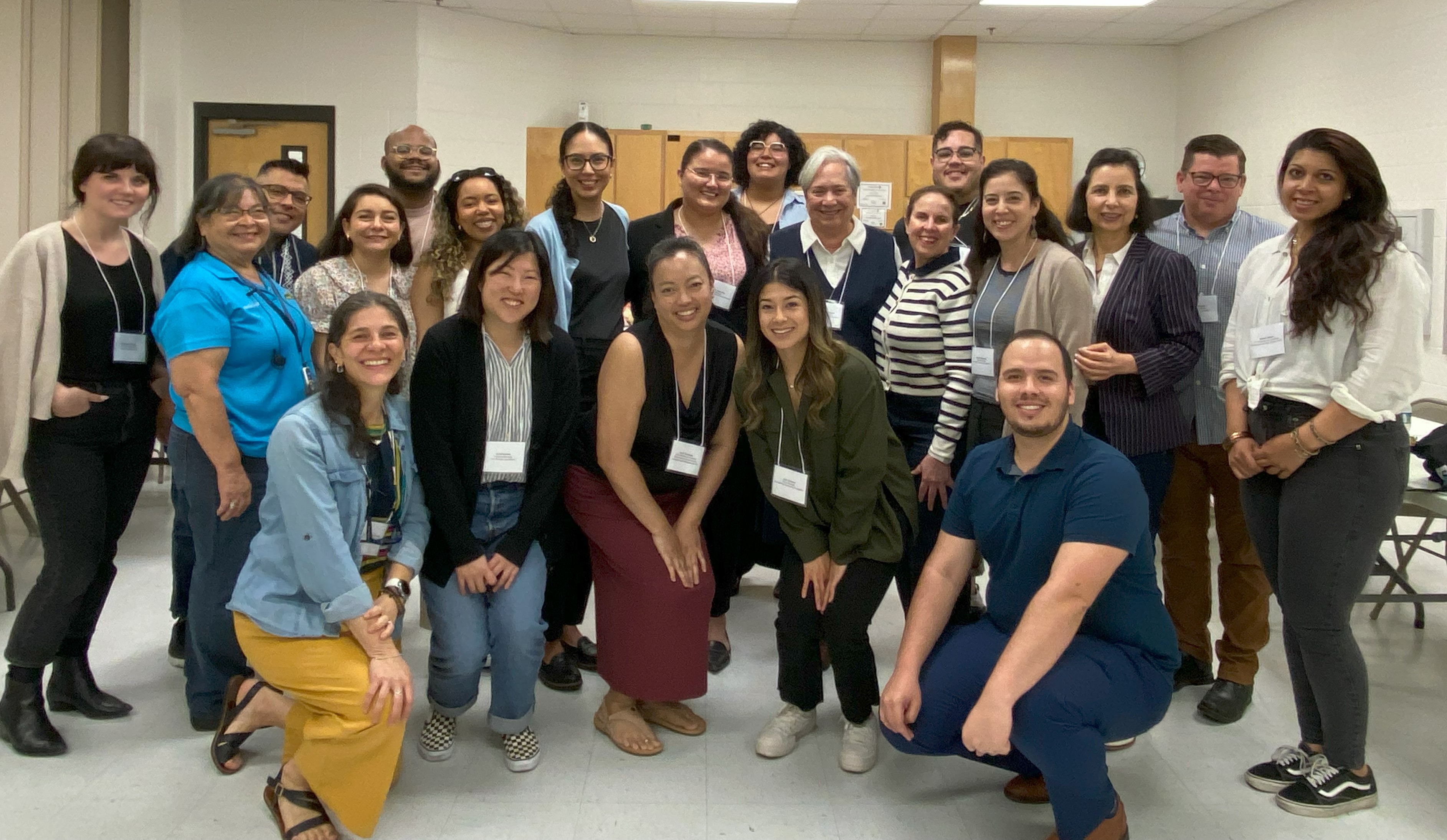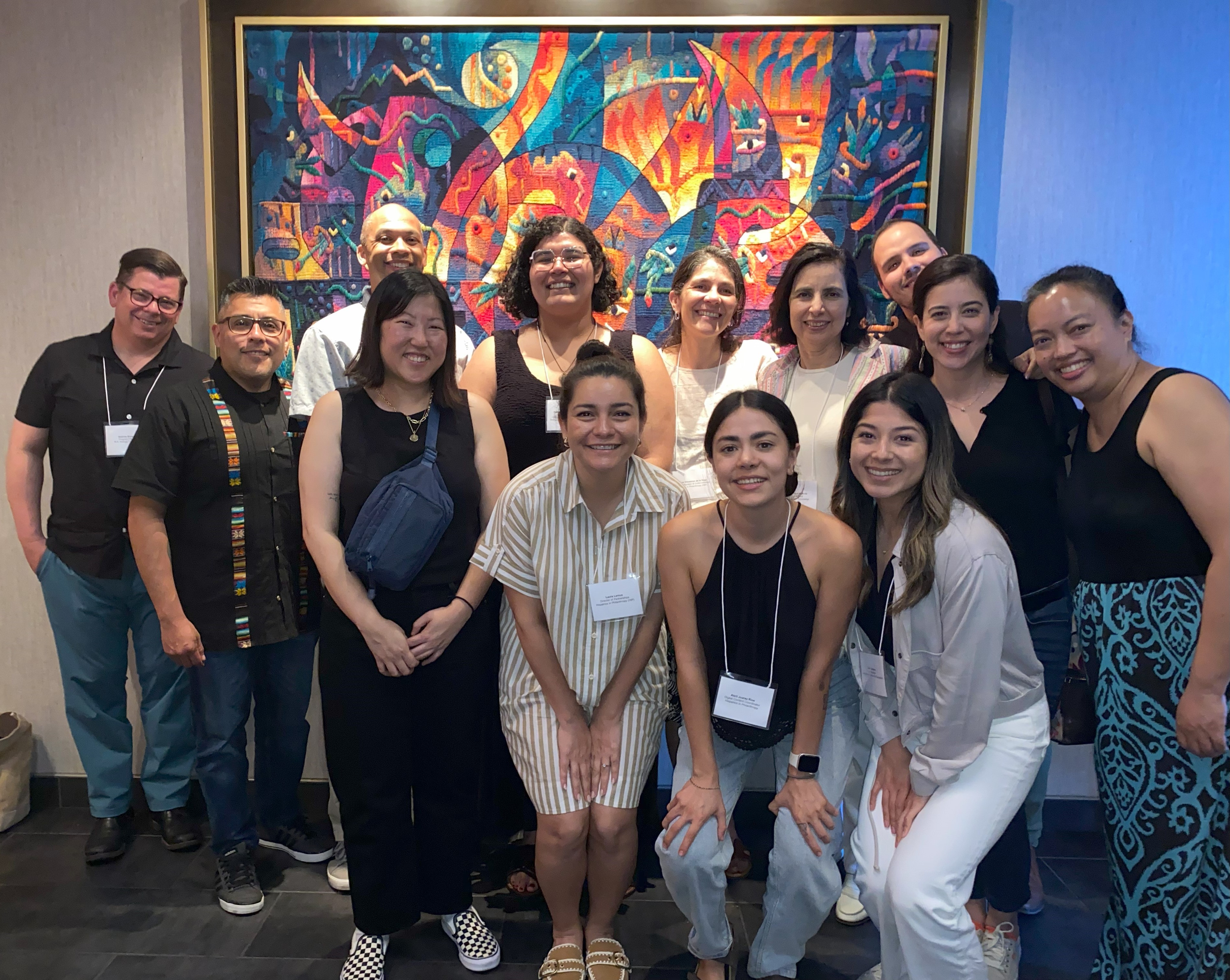GCIR joins our philanthropic partners in condemning the administration’s stated intent to undermine the organizations that do the essential work of protecting and caring for our communities. This impending attack on nonprofits is an obvious extension of the assault we are seeing on law firms, universities, diversity initiatives, and others - a clear attempt to dismantle civil society institution by institution.
News
Primary tabs
In her quarterly message, GCIR President Marissa Tirona calls on philanthropy to step up in this critical moment and leverage its power in service of communities under attack by the current administration, including immigrants and refugees. She also shares how GCIR is stepping up in this moment to expand our state and local strategies, advance pro-immigrant policies, amplify power-building efforts and expand protections for migrants in the long-term.
As we approach 2025, we at GCIR know that working together will be our greatest asset as we face impending challenges for immigrants and the immigrant justice movement. As we continue to mobilize funders into action, philanthropy must utilize its enormous power and privilege to stand with immigrant and refugee communities, one of the primary targets of the incoming administration.
My name is Brittany Shaheen (she/her/hers), and I have served at the Center for Arab American Philanthropy (CAAP) since February of 2021, beginning as a Program Generalist and working my way to my current position as a Program Officer. CAAP, a national institution of ACCESS and the only Arab American Community Foundation in the country, empowers the Arab American community by strengthening strategic giving in the community while shaping perceptions, highlighting heritage, and demonstrating collective impact. When I heard about the GCIR 2024 conference, I immediately knew I wanted to attend. I was honored to be the recipient of the Emerging Leader Scholarship, and I learned so much as a result.
Drawing on reflections from a recent GCIR webinar about the value of learning in grantmakin, GCIR's Programs Learning Manager Anduriña Espinoza-Wasil explains that learning for evaluation purposes is not a one-time event at the end of a grant period, but a powerful process that is ongoing. There is an important relationship between learning and strategy, the ways learning processes can hold us accountable to the communities we serve, and how funders can start learning now.
Visibilize, mobilize, and amplify: These three goals represented the driving force behind a recent learning trip to the U.S.-Mexico border, organized for 15 funders by Hispanics in Philanthropy (HIP) and Grantmakers Concerned with Imigrants and Refugees (GCIR). This delgation traveled to McAllen, Texas, and Reynosa, Mexico in early May to connect with nonprofits providing critical services. Humanitarian relief, legal services, power-building, and advocacy are just some examples of the vital work groups are leading in border communities.
The learning trip left a lasting impact on Lincoln Mondy, a Program Officer at the Andrus Family Fund. He joined Ivy O. Suriyopas, GCIR's Vice President of Programs, and Andrea Villaseñor de la Vega, Director of the Migration and Climate Mobility program at HIP, to share his personal reflections and experiences.
"I don't have 5-year goals, I have 500-year goals of liberation," declared Rubén Garza of Voces Unidas. He didn't hold back in a room full of funders and community leaders from the Rio Grande Valley.
Rubén set the tone for 15 funders who traveled from across the United States and Mexico to join a learning trip to the Rio Grande Valley (RGV) and Reynosa, Mexico. Hosted by Grantmakers Concerned with Immigrants and Refugees (GCIR) and Hispanics in Philanthropy, the experience aimed to amplify the voices of border communities, demonstrate the impacts of unjust immigration policies, and mobilize resources for migrant-serving groups.
For this final issue, we wanted to highlight our key takeaways from the past year. We hope the findings from our newsletter series will further inform your understanding of the support and services provided by our nonprofit partners and inspire you to invest in their work with migrants.
With the federal administration set to end the use of public health law Title 42 as an expulsion tool to deny would-be asylum seekers entry into the United States (a policy deemed unconstitutional by a federal court late last year) tomorrow, it is widely expected that a significant number of individuals and families will enter the U.S. through the southern border in search of refuge. Therefore, GCIR is calling on philanthropy to resource immediate and long term responses to the humanitarian needs of migrants.
Emerging leader scholarship receipeint, Joél Junior Morales, reflects on his experience at GCIR's 2022 convening in Houston.






